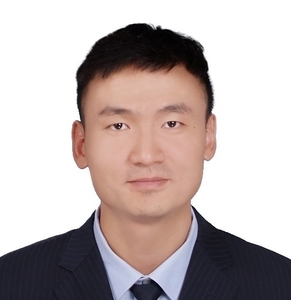
Mao Cheng received his bachelor’s degree from East China University of Science and Technology in 2013 and obtained his Ph.D. from Tsinghua University in China in 2018. His Ph.D. thesis focused on R&D of coal-fired chemical looping combustion which aims to capture CO2 at low energy penalty during coal combustion. He joined LACER at Washington University in St. Louis as a post-doctoral researcher in May, 2019.
Research
Coal is expected to continuously be the main energy source in the world this century, especially in developing country, due to the large storage amount, stable supply and high energy density. While the pollutants from coal power plants can be reduced to as low as a nature gas power plant, CO2 emissions from coal power plants is still a big concern. The governments of the USA, China, Europe and other countries are paying more and more attention to decreasing CO2 emissions in recent years, and stricter policies on control carbon emission could be the trend.
Currently, LACER is developing a fuel-staged, pressurized oxy-combustion (SPOC) technology, which is a 2nd generation of oxy-combustion technology. The process can reduce the fraction of recycled flue gas to near zero and most of latent heat of steam in the flue gas can be utilized into Rankine cycle. Boilers and burners in the SPOC process are designed to control temperature and heat flux associated with oxy-combustion. Electricity generation efficiency can be increased about 6 percentage points in SPOC process compared to 1st oxy-combustion technology.
Dr. Cheng will focus on performing experimental research on the SPOC process to address the key technology issues based on the platform of 100 kWth SPOC in LACER. He will also develop a numerical model to simulate the chemically reacting flow with heat and mass transfer during the SPOC, which will help to design the industry boiler.

